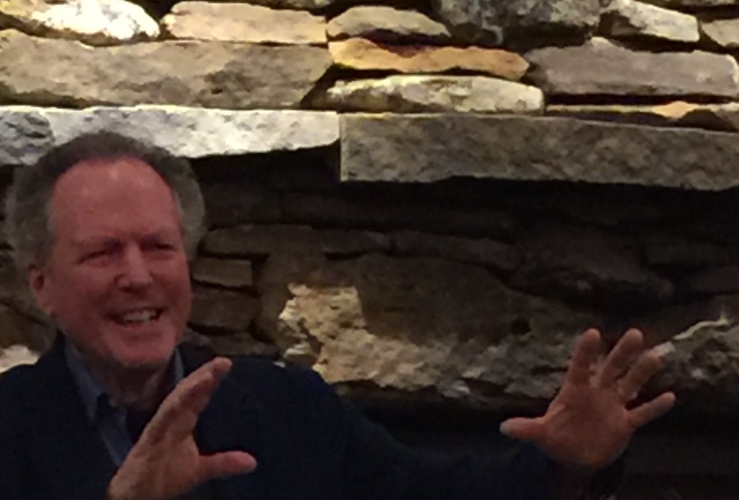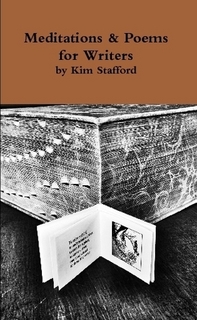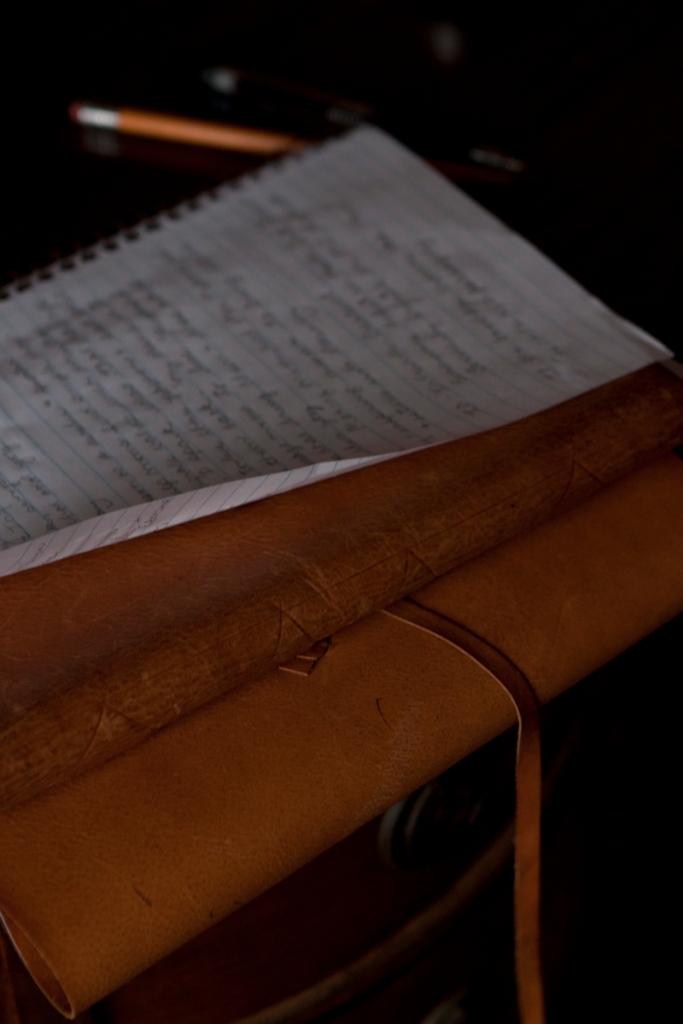
Oregon Poet Laureate Kim Stafford came “home” to our little town last week to read poetry, tell stories, sing, call up local history, and conjure memories of many Stafford family vacations spent here in a home-made cabin.
It was a lively, friendly, intimate couple of hours. I’m new to central Oregon, but I could feel the great love long-timers here have for Kim’s family, which includes his sister, Kit, a local artist and teacher, and his father, William Stafford, now deceased, one of America’s most beloved and important poets. It’s been a long, cold winter, and Kim’s energy and love resurrected our spirits, a perfect springtime happening.
A couple of weeks ago, I wrote about David Wallace-Wells’ vision of an uninhabitable earth, followed by a post on A Paradise Built in Hell and the hope Rebecca Solnit discovered when she looked at how people spontaneously come together in the extraordinary communities that can arise in disaster.
It seems a natural progression to next look at how we, as individuals, can cope and thrive in challenging times, and how we can slow down our lives to nurture and sustain our creative work – which may in turn serve as witness to what needs changing and as a catalyst for that change. This is what Kim Stafford’s life is all about, and what his father’s life was about, too.
Kim’s visit happened to coincide with my reading Christian McEwen’s magnificent World Enough & Time: On Creativity and Slowing Down. It’s a primer on how living slowly can sustain creative work and allow it to flourish, filled with the words and wise ways of contemporary and past literary and spiritual thinkers – including William and Kim Stafford.
If you want to be uplifted and fed, I suggest getting a copy of World Enough & Time. I didn’t read World Enough & Time straight through, but picked it up between other books, reading chunks here and there, especially when I wanted creative or spiritual uplift.
You’d want to keep World Enough & Time handy on your desk or nightstand to pick up as needed. Its bibliography alone is a gold mine.
Chapters are organized around themes that include: having face-to-face conversations with friends and loved ones; approaching life with the playfulness and imagination of a child; walking; looking; reading; writing letters and keeping journals; pausing; and dreaming. You can read chapters out of order, picking and choosing as you please.
World Enough & Time is a an especially rich collection. For a decade, McEwen interviewed contemporaries; unearthed insights from past poets, artists, writers, composers, and musicians; and culled from her own life experiences.
The passages below are about or by writers, but I think you can adapt their wisdom to your particular work and daily life. Here, McEwen quotes William Stafford explaining his daily 4 am writing habit:

“I get pen and paper, take a glance out of the window (often it is dark out there), and wait. It is like fishing. But I do not wait very long, for there is always a nibble – and this is where receptivity comes in. To get started I will accept anything that occurs to me.”
McEwen goes on to say:
“Years later, Kim Stafford wrote a memoir about his father entitled Early Morning. He described William’s steady practice as a ‘symposium with the self.’ A particular day’s writing might include images from a recent dream, news of the family and the world at large – and a couple of poems…. by lending ‘faith and attention’ to what he called those ‘waifs of thought,’ a total of more than sixty books made their slow way into print.”
How could I not quote a few of McEwen’s words about Mary Oliver’s creative practice:
“Mary Oliver’s day starts at five each morning, when she sets off on a long, solitary, attentive walk. ‘What I write begins and ends with the act of noticing and cherishing…’ Like Coleridge, who scribbled words and phrases while he was out in the field, Mary Oliver likes to use a pocket notebook, ‘small, three inches by five inches, and hand-sewn.'”
Kim Stafford, William Stafford, Mary Oliver, Christian McEwen, and many others. Feast on the beauty of their work and on the beauty of the world around you. You can’t go wrong.
At Kim’s event, I picked up a small gem of a book for $5, Meditations and Poems for Writers, which you can order from Lulu:

“Writing could be the door to a new kind of individual life, community life, national life, and earth citizenship. We each could greet the day as seeker, artist, witness.”
In The Muses Among Us: Eloquent Listening and Other Pleasures of the Writer’s Craft, a favorite of mine, Kim Stafford writes this, which I’ve copied into my daily work planner:
“What is it like to live your life story, to feed on the beauty meant for you alone, to insist on the conditions that make it possible to live the precise, full life you are here to accomplish?
Don’t wait for the right time. Don’t hesitate. Cross into your beauty now. Carry your seeing, your feasting, your selfish pleasures in the art you choose to the place you need to be, and enact what you have to do there. If you are awake, you have no choice.
Life begins with your witness there.”

Here is a link to one of William Stafford’s best loved poems, “The Way It Is.”
Do you have favorite books, authors, or pursuits (such as gardening, drumming, hiking) that sustain you in your work and/or feed your spirit? Let us know in the comments.

 This is a happy coincidence: I’m starting a new, ongoing theme here at Books Can Save a Life (in addition to my usual book posts) called Excavating a Life on my fourth anniversary, to the day, of blogging.
This is a happy coincidence: I’m starting a new, ongoing theme here at Books Can Save a Life (in addition to my usual book posts) called Excavating a Life on my fourth anniversary, to the day, of blogging.


